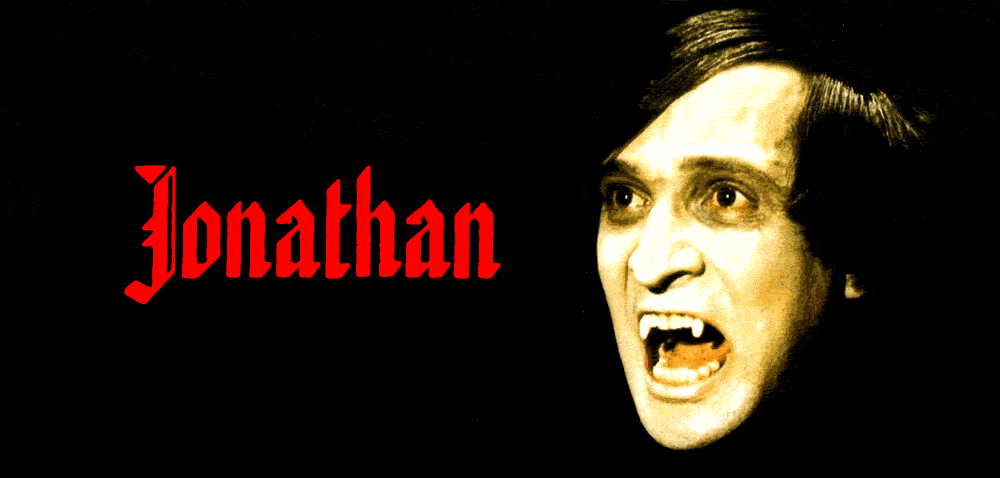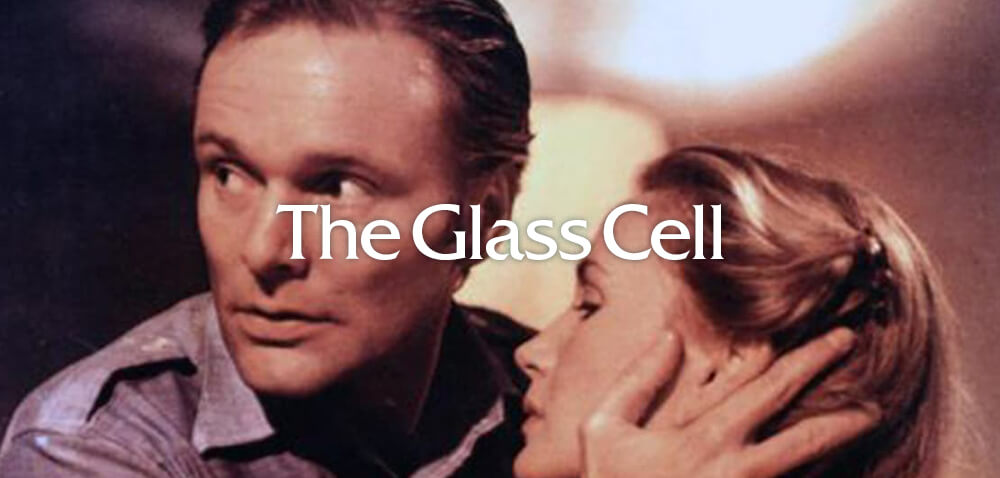
JONATHAN
Dir. Hans W. Geißendörfer, 1971
West Germany. 97 min
TUESDAY, APRIL 2 – 10 PM
SATURDAY, APRIL 6 – 7:30 PM
FRIDAY, APRIL 12 – MIDNIGHT
FRIDAY, APRIL 26 – 7:30 PM (SPECIAL INTRO BY FILMMAKER AND CRITIC SCOUT TAFOYA)
MONDAY, APRIL 29 – 7:30 PM
The text of Dracula, authored by a sexually repressed and xenophobic Irish monarchist, has been the perfect backdrop for a century’s worth of questionable cinematic allegory. In 1931, Bela Legosi wore a Star of David under his cape. In 1992, Gary Oldman was the Voivode Vlad, an eternal victor against the Ottoman Empire. In early 70’s Germany, however, there was an allegorical subject too raw to touch—the exception being Hans Geißendörfer and his underseen treasure: JONATHAN.
Geißendörfer uses a krautrock soundtrack and almost Yusov-esque turns of the camera to portray a sunlight-basking, vampire ruling class. Under their control is a landless peasantry, subject to bloodletting and imprisonment by their opulent overlords. Enter a ragtag fellowship of urban vampire hunters, something of an anti-fascist league, who have a plan to drive the vampires into the sea. Jonathan is the scout, assigned to enter the castle of the head vampire and his horde of red-cloaked supplicants. When he arrives, Dracula explains: “If you could see through my eyes, you would understand completely.”
To quote an online review, “Sounds simple enough, right? Wrong. Sounds like an easy plot to follow, right? Wrong.” Let yourself be entranced by the entire atmosphere of this loose Dracula adaptation, which unfolds like a dense 14th century Flemish triptych. You will lose some blood, but only enough to lust for more.

( poster by Henri de Corinth )

THE GLASS CELL
Dir. Hans Geißendörfer, 1978
Germany, 99 min.
FRDIAY, APRIL 5 – 10 PM
FRIDAY, APRIL 26 – 10 PM
MONDAY, APRIL 29 – 10 PM
Patricia Highsmith wrote a novel, The Glass Cell, based in part on letters she received from a fan in prison. Out of concern for prison conditions and the lasting damage of confinement, she crafted a crime story of an innocent man who is irrevocably changed by the five years he spends behind bars. It was adapted into a film by Hans Geißendörfer and nominated for an Academy Award in 1978.
Helmut Griem plays Philip, a sad-faced architect and family man. He is found the guilty party of a structural flaw at his company and serves five terrible years behind bars. He leaves prison only to enter a lifeless urban setting, steeped in drab greens and browns. Due to his criminal history, job interviews go nowhere and drinking becomes his distraction. Philip’s wife and son have developed close relationships with another father figure in his absence, namely the lawyer who poorly represented him in court. Hence a new prison-like environment develops within this family unit. It becomes unbearable until it is criminally unbearable…
